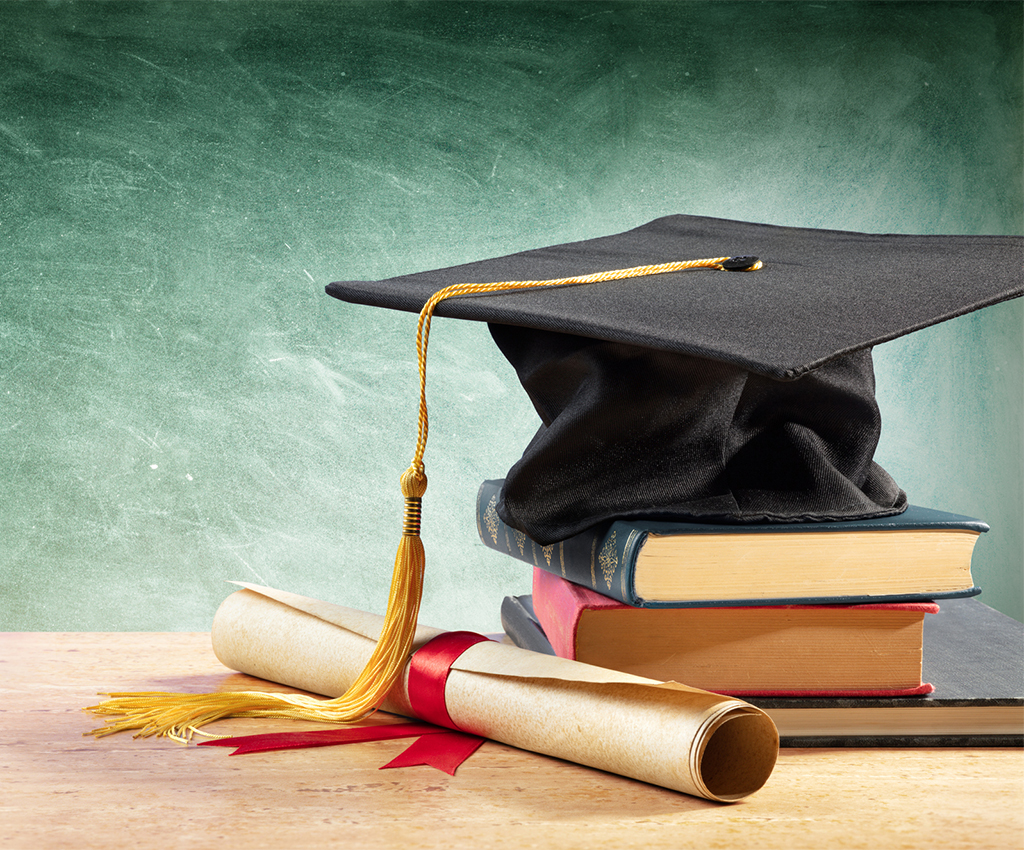This was our students' year

No doubt, this was a challenging year for you, our students. COVID and all of its enforced limitations challenged us to find creative solutions so that we could continue teaching and sharing our knowledge in the best possible manner. Once the quarantine started, we shifted to remote learning and tutoring. It wasn’t always smooth sailing, but we did our best: a special emergency faculty team was made available to help students with any problem – academic or personal – caused by the situation. Another team was responsible for technical support. Frontal tests were held only when there was no other option, and always according to the Ministry of Health’s regulations. We’re proud of you, our students, for managing these tough times and reaching spectacular achievements. Here are just a few of them:
You innovated
Students Sarah Ernst, Cheni Mark, and Noam Krungot spearheaded the “Soft Landing” project – a support group for new female students – for the second year running. “Female engineering students face different obstacles than men. No one prepared us, the environment isn’t really supportive,” explained Ernst when asked why she started a female-only group. More information on the project can be found here.
Yahav Avraham, Aharon Taub, Hagar Kafri, and Amit Eliav are all students of the joint electrical engineering/music track. “At first it seems like the two worlds have nothing in common, but in fact, they have a lot to do with each other,” explained Yahav in an interview to Yediot Aharonot.
You published
Students Ayelet Peres, Moriya Gidoni, and Pazit Polak of Prof. Gur Yaari’s lab successfully developed a computing tool for analyzing genetic sequencing in antibodies. “It’s a simple and free computing tool that makes reading genetic information in both chromosomes much easier – which is tougher and more expensive to do using other methods,” explains Peres. Another advantage of the tool is the ability to detect entire gene deletions from each chromosome, allowing the identification of autoimmune diseases such as Celiac. Nature Communications and Bioinformatics ran pieces on the subject. Peres is also the goalkeeper of the Israeli women’s water polo team. You can read an interview with her right here.
Bachelor’s student Ran Kremer used the Kalman Filter to track the pandemic and predict its spread – and his predictions turned out to be correct. Watch the Ynet interview, or listen to the radio interview in Galatz (starting at 00:28:00).
You won
Second-year electrical engineering student Aviya Ben Zvi (22, Givat Shmuel) won Intel’s excellence and diversity scholarship in November. “It’s an opportunity for me to thank the Faculty of Engineering for fascinating, high-quality education, with superb teachers who are personal and professional role models,” said Aviya.
In December, Prof. Gur Yaari’s master’s student, Or Shemesh (27), won the CHE’s planning and budgeting scholarship for excellent women in hi-tech. “We develop statistical computing tools for analyzing the dynamics of the immune system from a genetic sequence of white blood cells. This analysis can be the groundwork for various clinical uses,” she explains. Read more here.
In February, doctoral students Michael Margolis and Sarah Rot of Dr. Amos Danieli’s lab won the Best Lecture Award at the SPIE conference in San Francisco, USA.
In May, student Gil Bashan learned that he won the Adams scholarship. The prestigious scholarship, awarded by the Israel Academy of Sciences to excelling students in the fields of science and engineering. Only seven students won the scholarship, one of whom was postdoctoral researcher Gil Bashan, a team member at Prof. Avi Zadok’s laboratory. Read more here.
We also met our youngest student to make the Dean’s List: 16.5-year-old Eden Farjun, who is already in his third year at the Faculty’s computer engineering program, with emphasis on cybersecurity. Get to know him here.
And every once in a while, we get a visit from the students of the future – this visit, for example.
A sneak peek into the future: Here’s what our graduates did this past year
Faculty alumnus, Dr. Tali Elovic was chosen as one of Forbes Magazine’s promising 30-under-30 Israelis. Elovic earned all of her degrees here at the Faculty’s electrical engineering program, before taking on a post-doctoral position at Stanford University’s radiology department, where she developed an innovative breakthrough treatment for cancerous growths using bubbles and ultrasound. Recently, Elovic joined as a staff member at Tel Aviv University’s Faculty of Engineering, and Yediot Aharonot published a piece on her.
Another faculty alumnus who happens to be Dr. Tali Elovic’s partner, Dr. Assaf Elovic, is currently working as a physicist at Nova’s CTO group, which develops measurement systems for the semiconductor industry that allow users to command and control specific stages of the computer chip manufacturing process immediately upon their creation, without waiting for the chip manufacturing to be completed. Read more about him here.
Faculty alumnus Tamar Viclizki (27) began working as an algorithm engineer at Verint. Viclizki earned her BSc in computer engineering, and during her studies started a branch of she codes; – the Israeli female programmers’ community, created to encourage women to study technology and get involved in the hi-tech industry – at the Faculty. Viclizki’s she codes; the branch was a model to all other faculties at Bar Ilan, attracting women from all over. Read more about her here.
And last, alumnus Dr. Ofer Limon, who in December made a hefty exit and sold his startup, 6over6 Vision, to American optics giant 1-800-Contacys. Limon’s company developed a system to replace professional eye exams, and the exit is valued at $100M. Read more here.
Didn’t we say we have the most talented students in Israel?
Want to read more? Jump to the other sections of our end-of-the-year special:
This was our faculty's year
Last Updated Date : 20/08/2020



